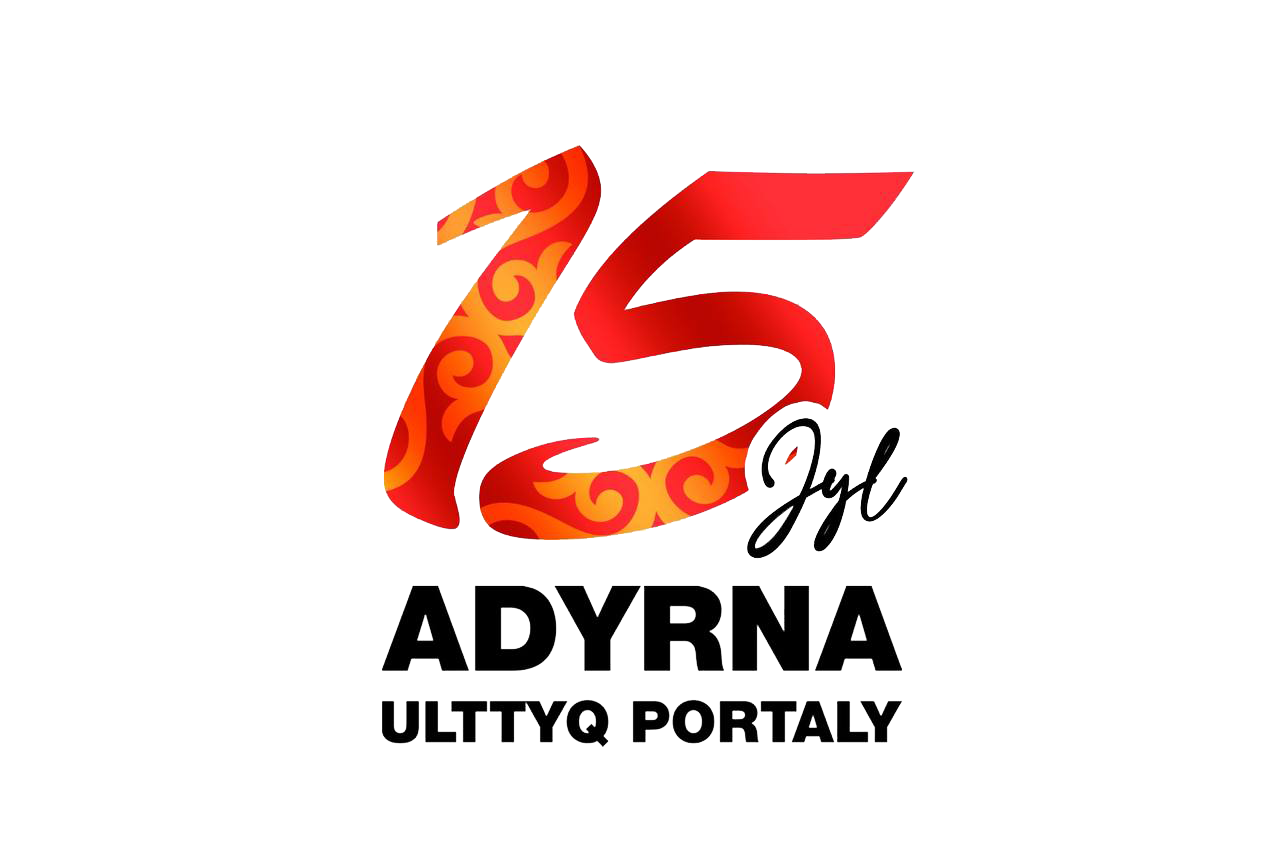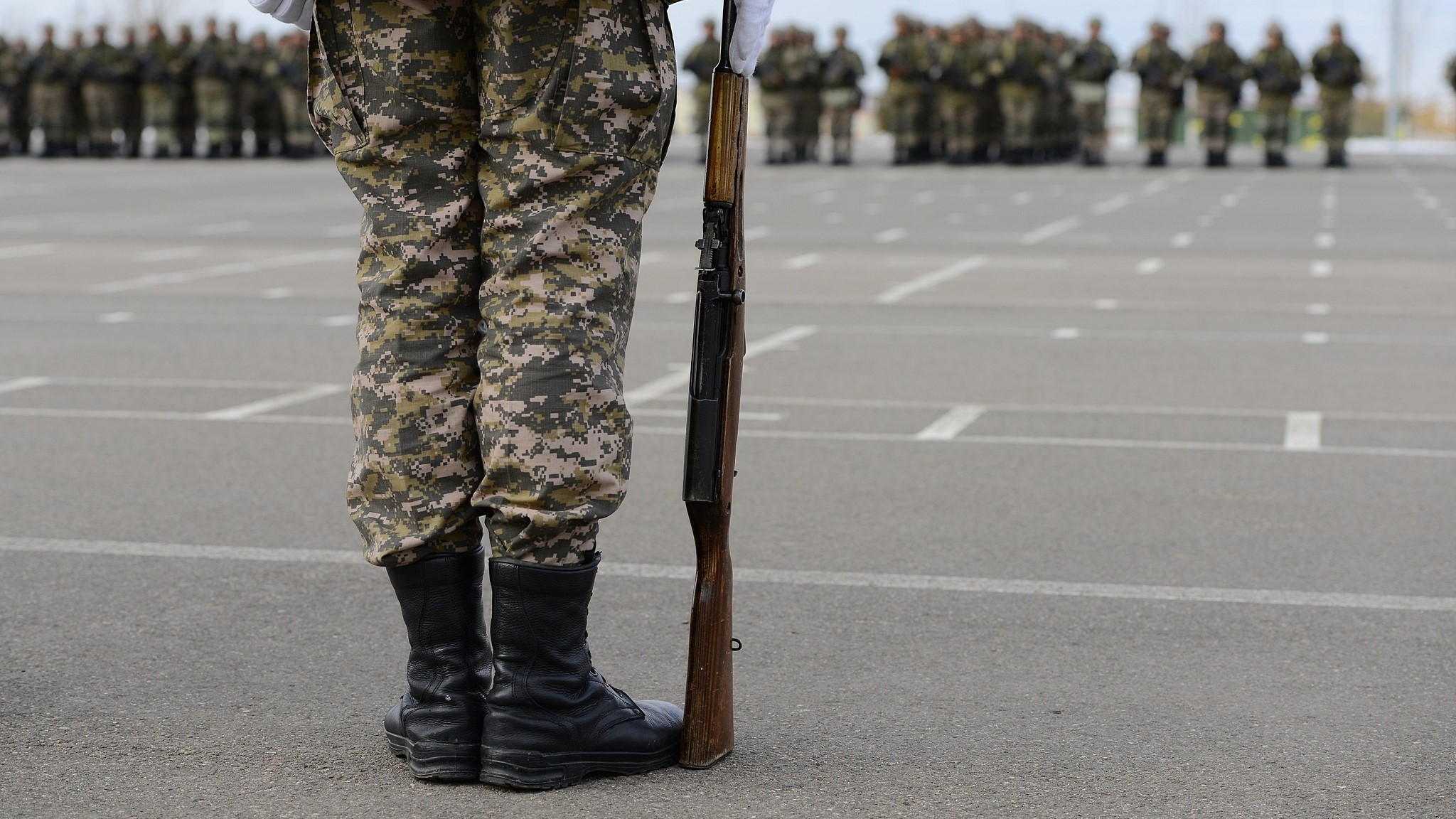Today marks the 110th birth anniversary of Ilyas Yesenberlin, a talented Kazakh writer and the most prolific novelist among Kazakh authors.
Ilyas Yesenberlin was born on January 10, 1915, in the city of Atbasar, now part of Akmola region. Raised in an orphanage, he developed a passion for literature from an early age. After graduating from the Kazakh Mining Institute in 1940, he participated in World War II but was seriously injured in 1942 and returned home as a disabled veteran.
Post-war, Yesenberlin worked as an instructor in the Central Committee of the Communist Party of Kazakhstan until 1947. His marriage to the daughter of a repressed official brought him under the scrutiny of the NKVD, leading to a 10-year sentence in 1949. He served five years working as a mining engineer on the construction of the Karakum Canal. After his release, he resumed his career, working in various positions, including as an editor at “Kazakhfilm” and later as the director of “Zhazushy” publishing house.
His literary career flourished after his return, shifting from poetry to prose. He published his first novel, “A Story about a Man,” in 1954. Over the next decades, he wrote several acclaimed novels, including the historical trilogy “Nomads,” which consists of “Khan Khar,” “Diamond Sword,” and “Struggle.” This trilogy explores the history of the Kazakh people from the 15th to the mid-19th century, covering significant events and struggles.
The “Nomads” trilogy was a groundbreaking work in Kazakh literature, gaining international recognition and being translated into 30 languages. It has been published over 50 times, with a total circulation of 3 million copies worldwide. The trilogy inspired the 2005 historical film “Nomads.”
Yesenberlin authored 17 novels, addressing themes and issues previously untouched in Kazakh literature. His works, including “Confrontation,” “Lovers,” “Dangerous Crossing,” “Golden Birds,” and “The Battle of Mangystau,” earned him widespread acclaim and brought fresh perspectives to the literary world.
Towards the end of his life, Yesenberlin wrote another historical trilogy, “The Golden Horde,” from 1982 to 1983. He passed away in 1983 in Almaty. Yesenberlin’s contributions to Kazakh literature continue to be celebrated, and his legacy lives on through his extensive body of work.
باسقا ماتەريالدار
Adyrna.kz ۇلتتىق پورتالىنىڭ ماڭىزدى اقپاراتتارىنا جازىلۋ
سوڭعى جاڭالىقتار تۋرالى حاباردار بولىڭىز


















